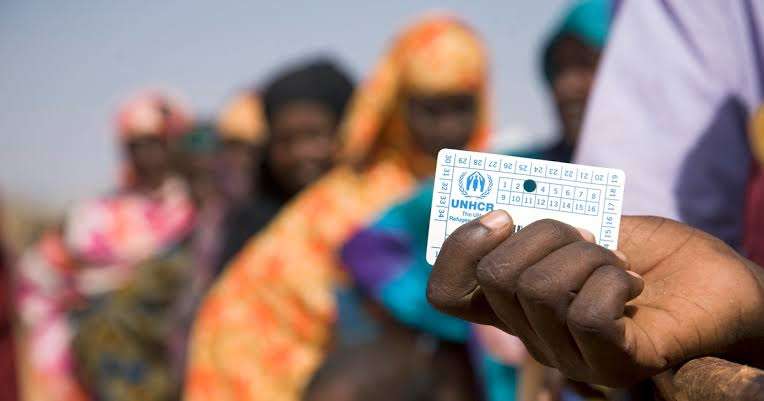The treasurer of a United Nations agency recently remarked that decentralized identity solutions employing zero-knowledge proofs (ZK-proofs) are becoming increasingly vital for ensuring the safety of refugees traversing borders.
UNHCR (United Nations High Commissioner for Refugees) is currently engaged in a proactive effort to establish an identity infrastructure that will ensure the protection and verification of refugees’ identities while facilitating their rapid migration, according to Carmen Hett, treasurer of UNHCR’s Division of Financial and Administrative Management.
This initiative endeavors to tackle the prevalent obstacle refugees encounter in authenticating their identities, which their host government frequently withholds. Last week, during a panel discussion, Hett stated:
“Imagine yourself as a refugee going across borders; not all the laws in every country are the same, so the key is [to have]a system that can ensure the trust that we can guarantee as UNHCR to make sure identity is actually secure and safe for the people at risk”.
Carmen Hett emphasizes the critical significance of zero-knowledge proofs in safeguarding the well-being of refugees as they traverse international borders.
The borderless implementation of ZK-proofs in the refugee context addresses data security, identity protection, and trust-building.
Without identification, refugees may be denied access to vital services such as employment opportunities and bank accounts in the host nation.
A cryptographic protocol known as ZK-proofs presents a prospective resolution by enabling identity verification while safeguarding confidentiality by not disclosing the actual contents of the assertion.
Nevertheless, Hett underscores the necessity for enhanced regulatory initiatives to promote the broader implementation of these technologies.
To improve the efficiency of aid delivery, the United Nations High Commissioner for Refugees (UNHCR), responsible for assisting refugees and displaced people, has adopted blockchain technology.
The organization commenced a pilot initiative in December 2022, utilizing the USD Coin (USDC) stablecoin to furnish financial aid to Ukrainian refugees impacted by the Ukraine-Russia conflict in a timely and easily accessible manner.
Carmen Hett lauded the blockchain’s capacity to facilitate transparent, accurate, and timely international money transfers, which enable aid to reach recipients in minutes.
Additionally, the UNHCR prepares displaced refugees for cross-border financial storage and administration by enhancing their financial and digital literacy.
Numerous blockchain industry participants have been collaborating to introduce decentralized ID solutions.
Characterized by Identity 1.0, the Stardust enhancement was introduced by the IOTA ecosystem.
This enhancement signifies a substantial progression in digital identity control and ownership, placing privacy as a top priority and revolutionizing the procedures involved in creating, amending, and resolving disputes in Decentralized Identifiers (DIDs).
Identity 1.0, which has undergone extensive testing on the Shimmer staging environment, grants users full ownership and authority over their digital identities while placing user privacy first.
With the incorporation of Alias Outputs capable of seamless interaction with other Layer 1 networks that host fungible and non-fungible tokens (NFTs), the upgrade fundamentally alters the management of DIDs.












